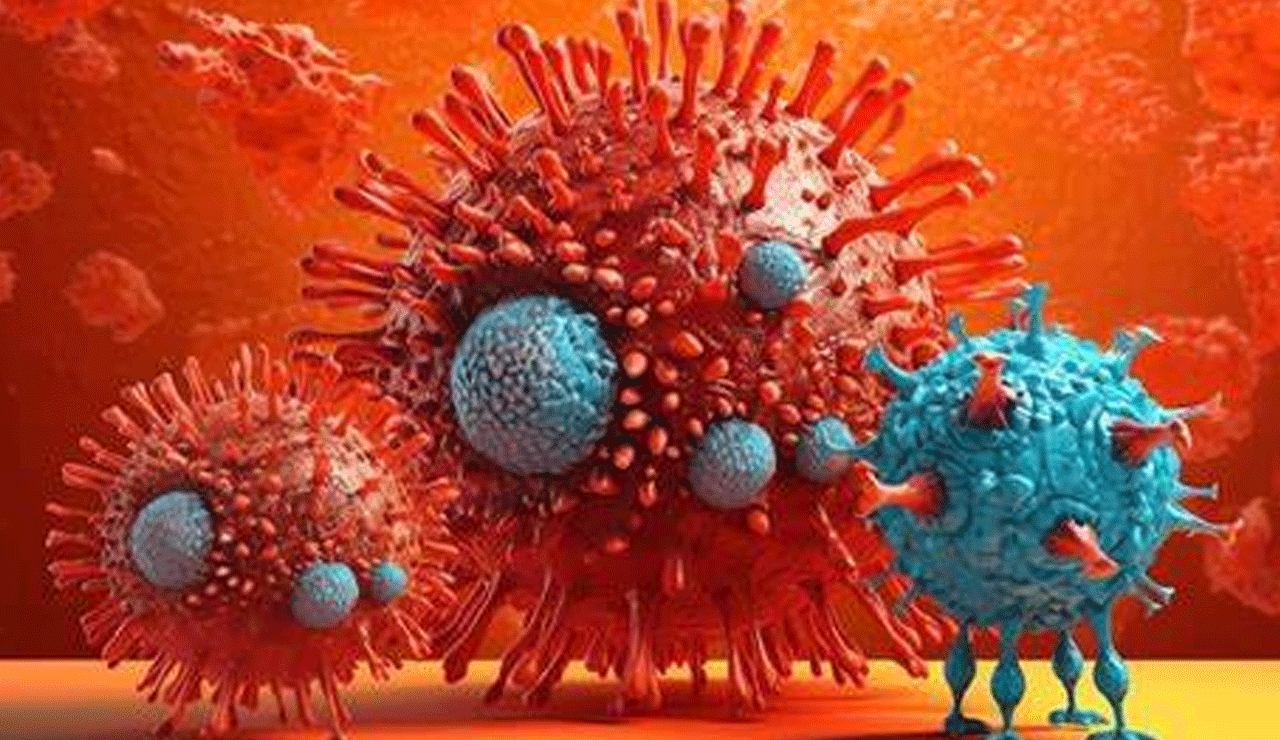No Chemo Needed: Scientists Discover New Way to Treat Cancer
In a groundbreaking development, South Korean scientists have discovered a revolutionary cancer treatment approach that could transform how the disease is managed in the future.

In a groundbreaking development, South Korean scientists have discovered a revolutionary cancer treatment approach that could transform how the disease is managed in the future.
Table of Contents
A New Way to Treat Cancer Without Destroying Cells
Traditionally, cancer treatment methods like chemotherapy and radiation work by destroying cancerous cells. However, this can also damage healthy tissues around the tumors, leading to serious side effects. In a paradigm-shifting breakthrough, researchers have now found a way to reprogram cancer cells into normal tissue cells without destroying them.
Also Read: Travel Tips: Did You Know There’s a Country Without Night? Its Beauty Is a Sight to Behold!
Successful Trials on Colorectal Cancer
The research team, led by Professor Kwang-Hyun Cho of the Korea Advanced Institute of Science and Technology (KAIST), successfully tested their technique on colorectal cancer. Remarkably, the cancerous tissues were not destroyed but instead were converted into healthy cells through cellular reprogramming.
Digital Twin Technology Drives Breakthrough
To guide the transformation of cancerous tissues, Professor Cho’s team used an advanced computational model known as a “digital twin.” This powerful tool allowed them to simulate and direct how cancer cells could be made to behave like healthy ones, avoiding the side effects common in conventional treatments.
Introducing the BENIGN Strategy
The researchers developed a novel method called BENIGN, which identifies key gene regulators responsible for cell behavior. By targeting these regulators, they successfully prevented the uncontrollable growth of cancer cells and induced a stable transformation into normal cells.
Published in Advanced Science Journal
This innovative research was published in the prestigious journal Advanced Science, marking a major milestone in the fight against cancer. If proven effective in human trials, this technique could redefine how oncologists approach cancer therapy worldwide.
